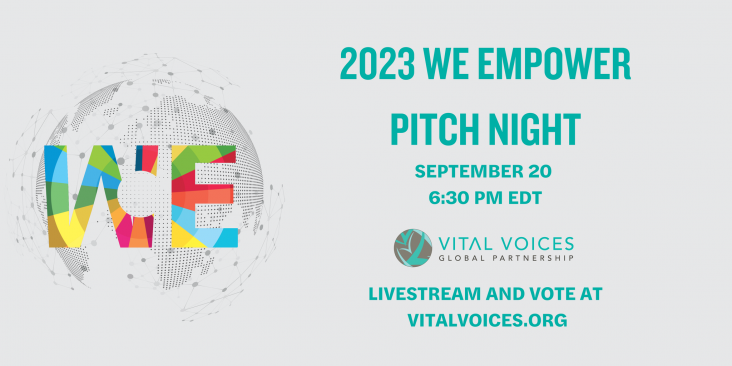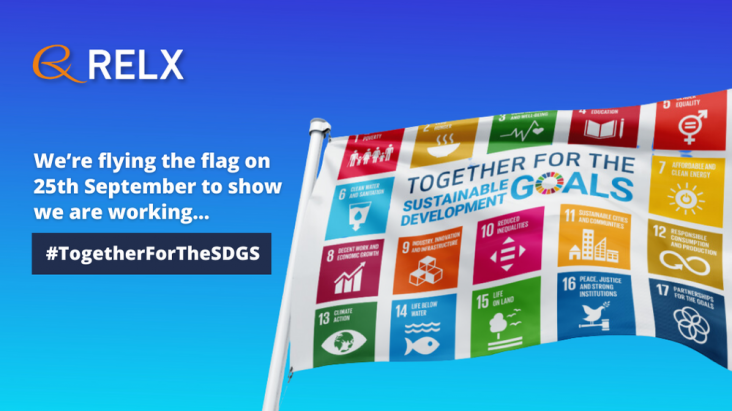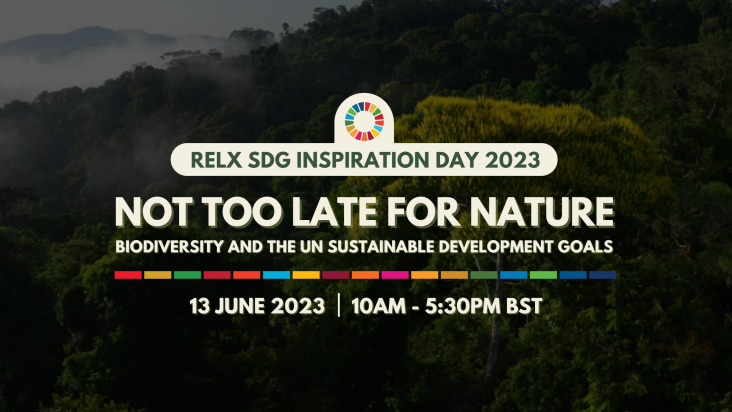
UN's Summit of the Future 2024: Paving the Path for SDG Resources

WE Empower Pitch Night, hosted by Diane von Furstenberg, will be a dynamic evening event bringing together top business leaders, the media and other key influencers to participate in an innovative

As we enter the ninth year since the adoption of the UN Sustainable Development Goals (SDGs) in 2015, the pressing need to meet these ambitious objectives becomes ever more evident.
World Children's Day 2026: An Ode to Child Empowerment and Sustainable Goals

In an increasingly interconnected world, acts of charity and kindness have profound ramifications that echo beyond borders.


